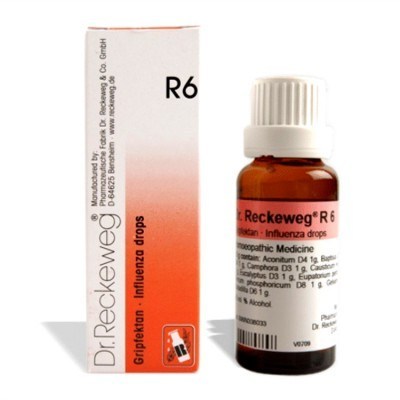
More testing, research, and regulation is needed.Īllopathic or modern medical schools have recently added more study and information on how food and nutrition can help prevent and treat disease. The action of certain long-used natural products and mind-body approaches are getting some research to support their use. However, non-mainstream approaches to medicine have been used for generations in some cases.

It’s also the most regulated by a neutral party like the Food and Drug Administration (FDA) or the American Medical Association. It has had the most evidence-based scientific research, data collection, and drug testing. Treatments and doses are different from person to person.Īllopathic medicine or mainstream medicine is a system of healthcare. Additionally, homeopathy medicines usually aren’t regulated or tested like medications used in allopathic or mainstream medicine. Homeopathic treatments aren’t prescription medications. Most homeopathy medicines are natural substances that come from plants or minerals, like: Homeopathic practitioners aren’t licensed medical doctors. A lower dose of medication is thought to have a greater effect than a higher dose. This means that illness and disease are treated with substances that cause similar symptoms in healthy people. “Homeo” means “similar to” or “like.” This type of healthcare is often considered to be the opposite of allopathic medicine.Īccording to the National Institute of Health, homeopathic medicine is based on two theories: Homeopathic medicine is also known as homeopathy and is often added to mainstream medicine, used as a complementary/integrative approach. pain relievers (acetaminophen, aspirin, ibuprofen)Ĭommon allopathic medicine treatments also include:.Some types of prescription drugs replace hormones when the body can’t make enough or any of a certain type, such as:Īllopathic medicine professionals may also recommend over-the-counter (OTC) medications like: migraine medications (ergotamines, triptins, antinausea drugs).diabetes drugs (metformin, sitagliptin, DPP-4 inhibitors, thiazolidinediones).blood pressure medications (diuretics, beta-blockers, calcium channel blockers, ACE inhibitors).antibiotics (penicillin, amoxicillin, vancomycin, augmentin).

Some of the complementary approaches used in integrative medicine include:Īllopathic medicine doctors and other healthcare professionals use a range of treatments to treat infection, illness, and disease. A non-mainstream treatment is called “complementary” when it used alongside conventional medicine. The focus is on treating the whole person, rather than treating only a specific symptom or condition. Integrative medicine uses all approaches, both conventional and non-mainstream. When non-mainstream approaches are used “instead of” conventional medicine, this is called alternative medicine. Other types or approaches to medicine are referred to as complementary and alternative medicine (CAM), or integrative medicine.Īlternative medicine uses non-mainstream approaches only. It’s a health system in which medical doctors, nurses, pharmacists, and other healthcare professionals are licensed to practice and treat symptoms and diseases. Other names for allopathic medicine include:Īllopathic medicine is also called allopathy.

“Allopathic medicine” is a term that is sometimes used to refer to modern or mainstream medicine.


 0 kommentar(er)
0 kommentar(er)
